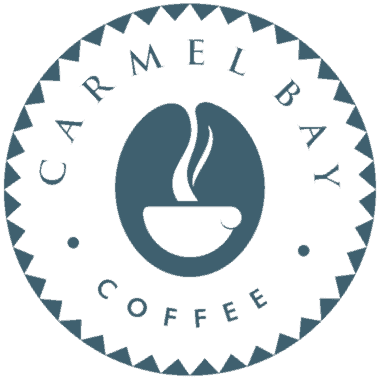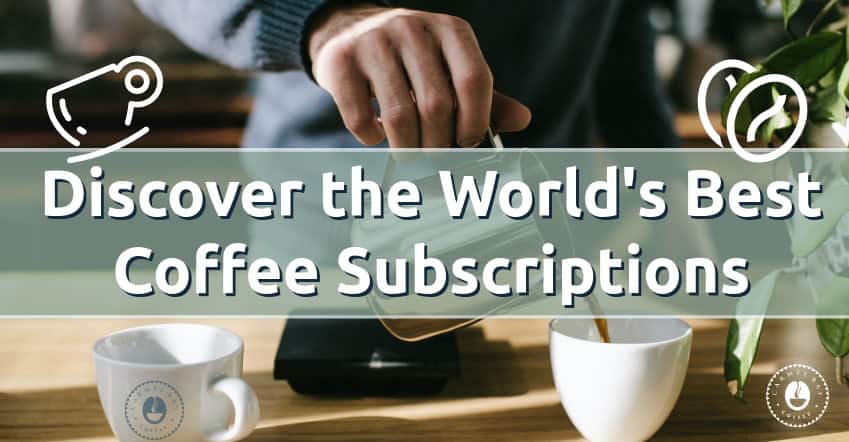Coffee and mornings are usually synonymous. When we think of coffee, we typically think about the groggy, pre-caffeine moments at the start of each day. We reach for the coffee out of habit, necessity, and a craving for some energy!
Java is typically thought of as a morning beverage. It’s something to sip as a “pick-me-up” to energize and invigorate after eating a meal. So you may be wondering why do people drink coffee after dinner?
The practice of drinking coffee after dinner may seem a bit counter-intuitive. But, there are actually some benefits to late-night coffee-sipping that may surprise you! One of which is balancing out our blood sugar after eating to increase energy levels back to feeling normal.
We’ll go over all the reasons and you might even consider introducing coffee as an after-meal treat!
Why Restaurants Serve Coffee After Food
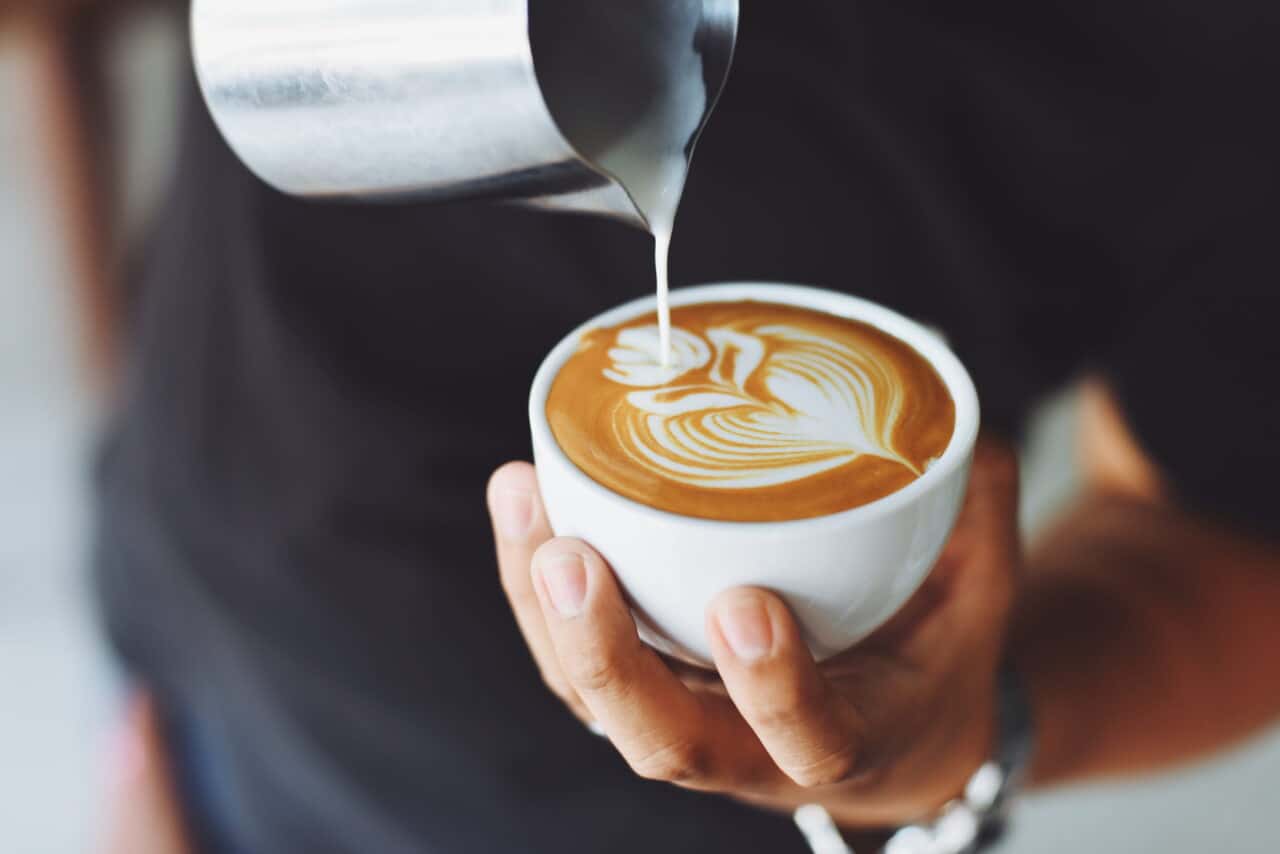
If you’ve ever found it perplexing that restaurants serve coffee after a meal, we’re here to explain why! Their reasoning is one part customer experience and one part sales-minded.
Coffee can help you enjoy the most of your evening. It also encourages customers to stay longer and order more!
Are you looking to try something new with a coffee subscription? Check out our guide on the best coffee subscription available here.
Combat the Post-Meal Slump
Picture yourself out to eat with a small group of your closest friends. You are so excited to connect, laugh, and enjoy each other’s company over delicious food and drink. The atmosphere is cozy, and the lights are low.
It’s an occasion, so you splurge on an appetizer to share with the table. Your diet can wait until tomorrow because you’re ready to dig into a fabulous plate of Fettuccine Alfredo.
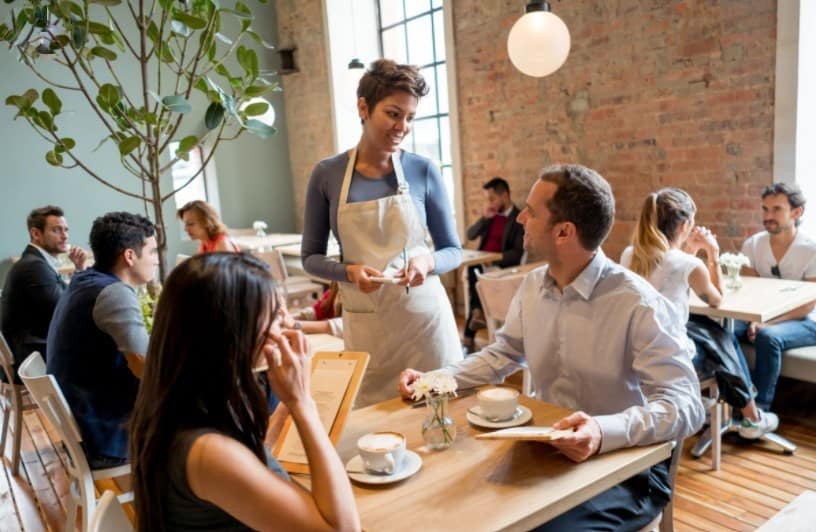
An hour or so passes, the dishes are cleared. As much as you are enjoying the company, your energy starts to dwindle. The post-meal slump kicks in, and your attention begins to waver.
You have been looking forward to this evening all week. But now, all you can think about is your head making contact with a soft, fluffy pillow. You resist the exhaustion because you don’t want the evening to end!
The solution presents itself when the waiter asks, “would anyone like some dessert, or perhaps a cup of coffee?” The steaming hot cup of coffee is served to you like a sigh of relief.
Eating out is a social experience. We go to enjoy food, drink, and good conversation.
We tend to over-indulge and eat foods that are heavier in starches, sugars, and carbs.
As a result of these heavier foods, our blood sugar levels fluctuate and cause us to crash. Coffee is an excellent way to combat this feeling of low energy so you can continue with your lovely evening.
Stay a While After Your Meal
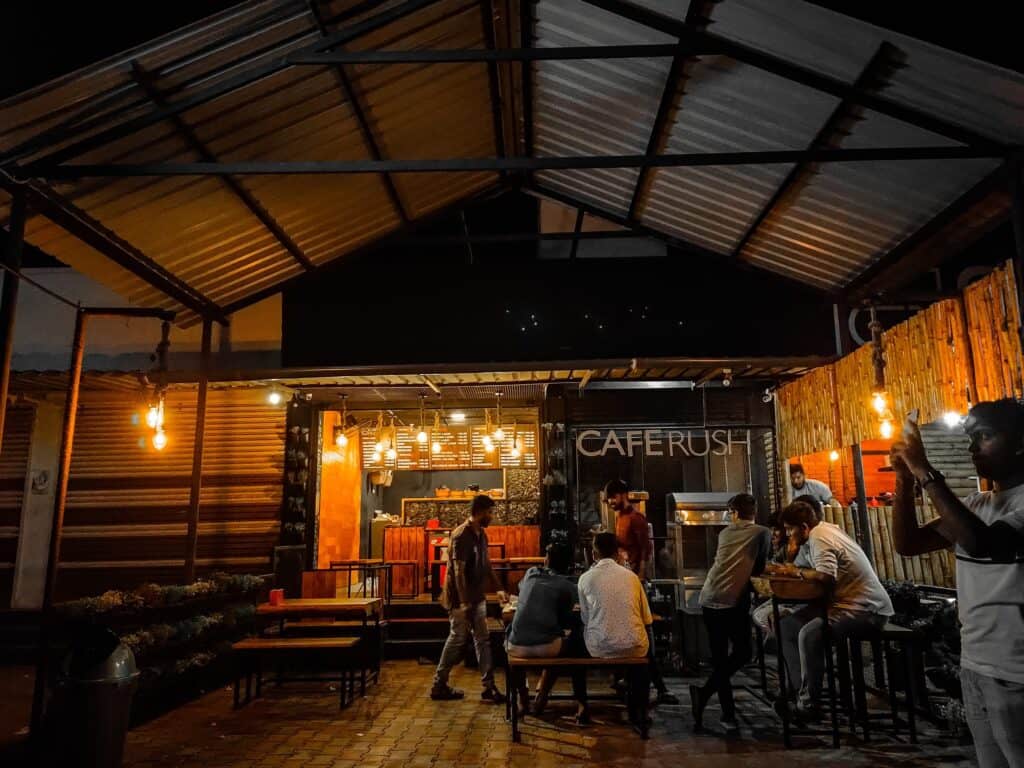
Coffee helps you stay alert and engaged. It also pairs well with dessert options. Restaurant owners want you to continue to enjoy your time with friends.
But they also want to encourage you to order more. Especially if you are with a chatty group, restaurants know you will likely linger a while longer. They may as well keep you ordering!
It’s true that restaurants want to turn over tables efficiently to serve more guests. They also want to encourage each party to order as much as possible from the menu.
When guests order coffee, they are more likely to also enjoy a dessert item or two!
The longer you stay, the more likely you will order more drinks or top of a meal with a decadent dessert.
Carmel Bay Coffee Tip: The bitterness of espresso can complement the sweetness of a dessert quite well, improving your overall meal!
It’s a Coffee Tradition
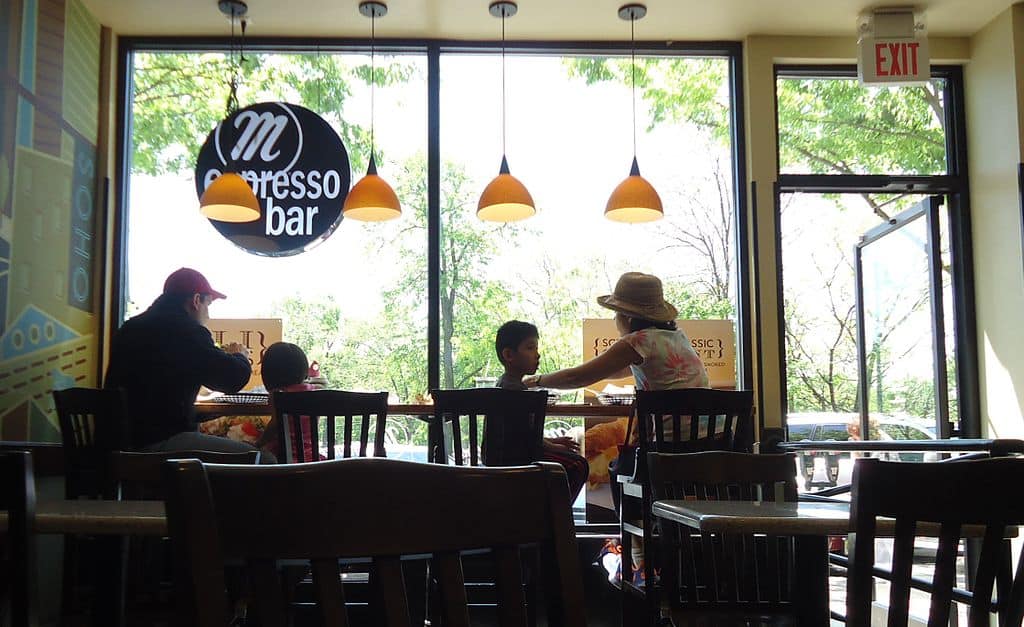
Some restaurants may serve coffee after a meal due to a family or cultural tradition.
A family-owned business or a restaurant with regional cuisine will often encourage coffee drinking after dinner for a full and authentic dining experience!
Is It Harmful To Drink Coffee After Dinner?
There are both benefits and downsides to drinking coffee in the evening. Caffeine impacts each person differently. It is essential to consider your schedule, sleep patterns, and caffeine sensitivity.
Pros – Drinking Coffee After Dinner
1. Coffee May Help with Digestion
Many people believe coffee helps with digestion after a meal. Coffee is known to stimulate the muscles of the colon. While it is not a solution for constipation or real digestive issues, it can keep everything in your system moving. Some studies have even found that coffee could be responsible for helping healthy bacteria grow in your digestive system.
2. Reduce snacking or overeating later
Sipping coffee allows you to keep yourself busy without feeling the need to keep munching on the food in front of you. Or, it might let you resist overindulging even more than you already have! Coffee is an excellent substitute for more food. It can help if you’re trying to avoid the sinful temptation of a double chocolate mousse cake.
3. Health Properties
Coffee has many qualities that are promising for health. Coffee contains polyphenols which are attributed to anti-inflammatory benefits as well as antioxidant properties.
Cons – Drinking Coffee After Dinner
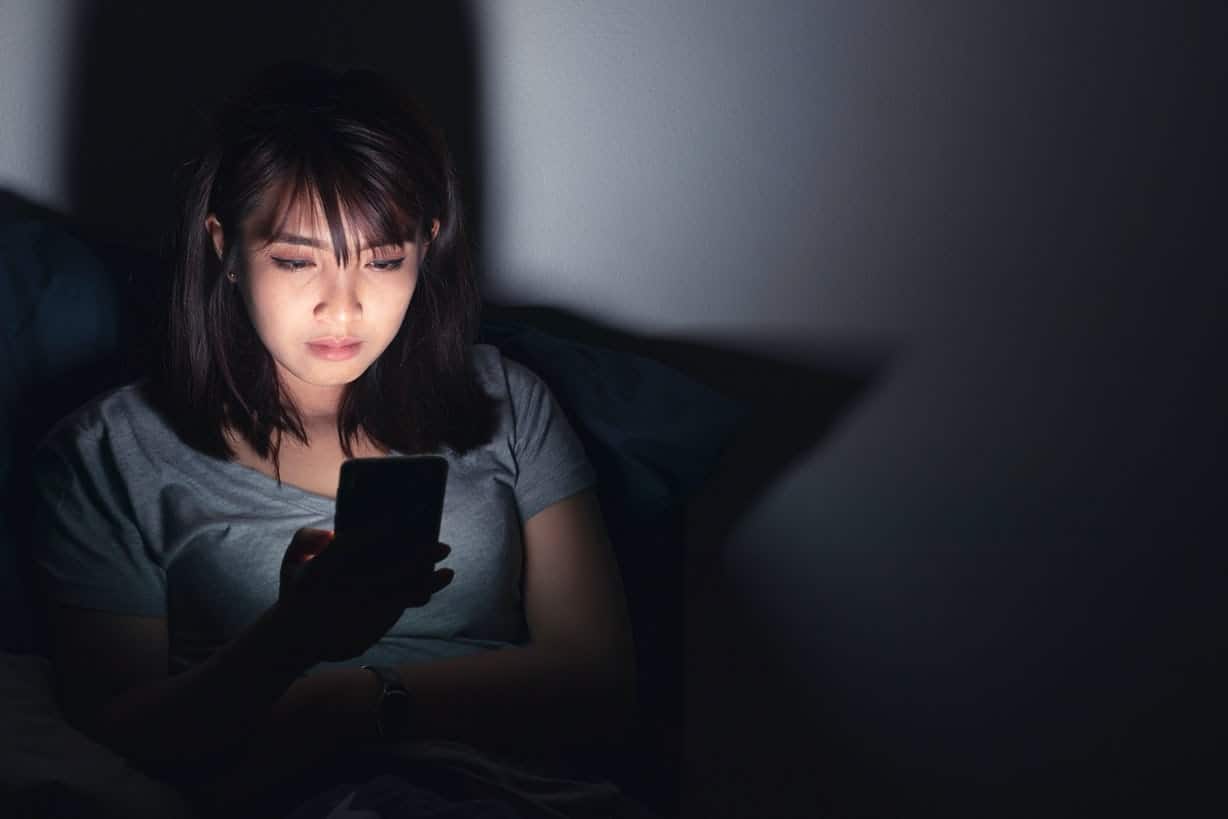
1. That java jolt may keep you up all night.
It’s definitely not a great idea to drink coffee at night if you have an early morning meeting the next day.
More importantly, some experts believe it can disrupt your sleep and your natural circadian rhythms. Your circadian rhythm is your body’s natural wake and sleep cycle. You can think of it as your internal clock (sleepfoundation).
If you regularly drink coffee in the evening, you may have a more challenging time falling asleep. This is because coffee can delay melatonin release (homegrounds). Melatonin is the hormone that helps you fall asleep.
Caffeine from the coffee will continue to stimulate your cells hours after you drink it.
2. Nutrient Loss
Studies have found that drinking coffee after a meal can reduce your body’s ability to absorb iron. The more caffeine you consume, the less iron is absorbed from your meal, which means you may miss out on your food’s key nutrients (healthline).
If you are concerned about your iron intake but want to drink coffee after eating, consider an option with lower caffeine levels.
How Soon After Eating Can You Drink Coffee?
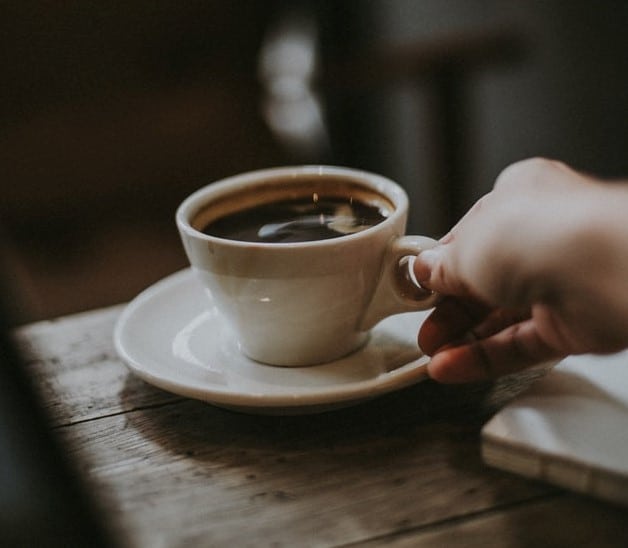
You can drink coffee after your meal as soon as you’d like. Many people will allow their food to start to digest.
They may even finish off their glass of wine before considering post-meal options like coffee or dessert.
If you are concerned about falling asleep, the sooner you have the coffee, the better. While it varies from person to person, caffeine will typically remain in your system for about 5-6 hours after drinking it (prepscholar).
Why Do I Crave Coffee After a Meal?
There are lots of reasons why you might be craving coffee. It could be a result of a general coffee-drinking habit since caffeine can be addictive.
Many coffee drinkers simply enjoy the experience of sipping their favorite beverage, and you may be wanting the meditative, relaxing joy of an evening coffee.
It might also be related to hormones.
Caffeine stimulates the adrenal glands, which can spike cortisol, dopamine, and adrenaline levels. Basically, it can make you feel good at the moment but may have negative side effects later as it overstimulates your system.
For some people, this craving is less general and more evident after a meal. If you’re noticing that you want coffee specifically after you eat, the cravings could also indicate low iron levels.
What’s the Best Type of Coffee to Have After a Meal?

Espresso.
Espresso is the best type of coffee to have after a meal.
People are often surprised to find out that espresso actually has less caffeine than a standard cup of drip coffee.
It will still give you the right amount of caffeine you need to bounce back after a big meal. Espresso is just coffee beans and water, so it won’t fill you up anymore if you’re already stuffed!
Plus, it may keep you from mindless snacking after the main course.
We recommend avoiding coffee drinks with a lot of milk or sugar in them after a meal. Milk and cream can be especially heavy and may add to your sluggish feeling. Ordering a milk-based coffee beverage in a place like Paris or Rome might even get you a few funny looks.
In Europe, it is customary to enjoy coffee in the afternoon or evening without dairy. Espresso tends to be the most popular after-dinner coffee drink in European countries.
Wrapping Up
People enjoy coffee after supper for lots of reasons. In many cultures and families, it has become a tradition.
It allows us to savor the moment and spend more time with family and friends. Other people notice that they enjoy the digestive benefits of coffee. The best reason to enjoy a coffee in the evening is that you enjoy it and it makes you feel good!
If you find that you like drinking coffee after dinner, take time to see how it impacts you.
Notice how your body feels and if it alters your sleep. You might adjust the timing or caffeine levels. All reasoning aside, most people treat themselves to coffee just because!
